Q: October is National Domestic Violence Awareness Month. What is the importance of drawing attention to the issue of domestic violence, and how can people get involved locally?
A: At Prevent Child Abuse Tennessee (PCAT), our mission is to prevent the abuse and neglect of children in Tennessee. One of the ways we achieve our mission is by working with families to decrease family violence, because we understand how domestic violence can impact children. Children who live in homes where domestic violence is present suffer abuse or neglect at high rates (30-60 percent). Children who experience violence at home may suffer from anxiety, nightmares, difficulty concentrating at school, emotional neediness and demonstrate increased aggression towards others. PCAT runs several programs that help strengthen the safety net for families and improve outcomes for these children. We operate and staff Tennessee’s only statewide, 24/7, domestic violence crisis call helpline. Last year, the helpline received 4,081 calls from survivors, with the highest percentage of calls coming from Davidson County. During October, which is National Domestic Violence Awareness Month, PCAT is promoting the helpline, 1-800-356-6767, and encouraging every community to join us in our work to build violence-free homes. You can promote the helpline number through your communication channels, hang a poster with the phone number tear tabs and support local shelters in providing services to children.
Q: Describe a recent challenge and how you addressed it.
A: The problem of violence in the home and its effect on children cannot be understated, yet it’s often not the first thing we talk about when we think about domestic violence. In domestic violence shelters across the nation, nearly two-thirds of residents are children. Unfortunately, many shelters do not have the funds nor the staff to address the needs of their largest resident population. In Tennessee, only 51 percent of the shelters surveyed reported having a budget or funds for children’s programs. Children who arrive at domestic violence shelters may have witnessed the violence in their home firsthand, they may never have seen any violence at all, or they may have been victims of violence themselves. At any level, the effects violence in the home has on children are far-reaching and need to be addressed more formally.
PCAT is partnering with local shelters to provide parenting education to shelter residents. We come alongside the families in the shelter and support them in their desire to give their children a great foundation for life regardless of their current circumstances. We are also answering local shelters’ individual crisis helplines after hours and on the weekends so they can stretch their budgets to focus on direct services to survivors and their children. Our partnerships allow each of us to leverage resources to provide the best services possible for those affected by family violence.
Q: What’s your biggest goal for your organization in the next year?
A: To maintain our existing services and meet increasing demand for our programs, PCAT is diversifying and increasing support from individuals, foundations and corporations. In 2014, our board of directors and senior level staff implemented a new three-year strategic plan that calls for annual increases of private funding to $500,000 by FYE 2017. In the first year with the new plan, we exceeded our fundraising goal by 200 percent. Execution on our 2015-2016 Annual Fundraising Plan is underway, with many opportunities for donors to partner with PCAT through cause marketing awareness campaigns as well as community and social events. After a period of substantial growth, PCAT stands ready to elevate our public profile and solidify our position as Tennessee’s leading provider for child abuse prevention services and support for at-risk families.
Q: What’s the best thing about doing business in Middle Tennessee?
A: PCAT’s administrative office is located in Nashville, and almost half our staff work out of Middle TN. We love working in collaboration with other partners to improve outcomes for children and families. The area is rich in resources for our families, and together we are working towards building a community where every child has a great childhood.
